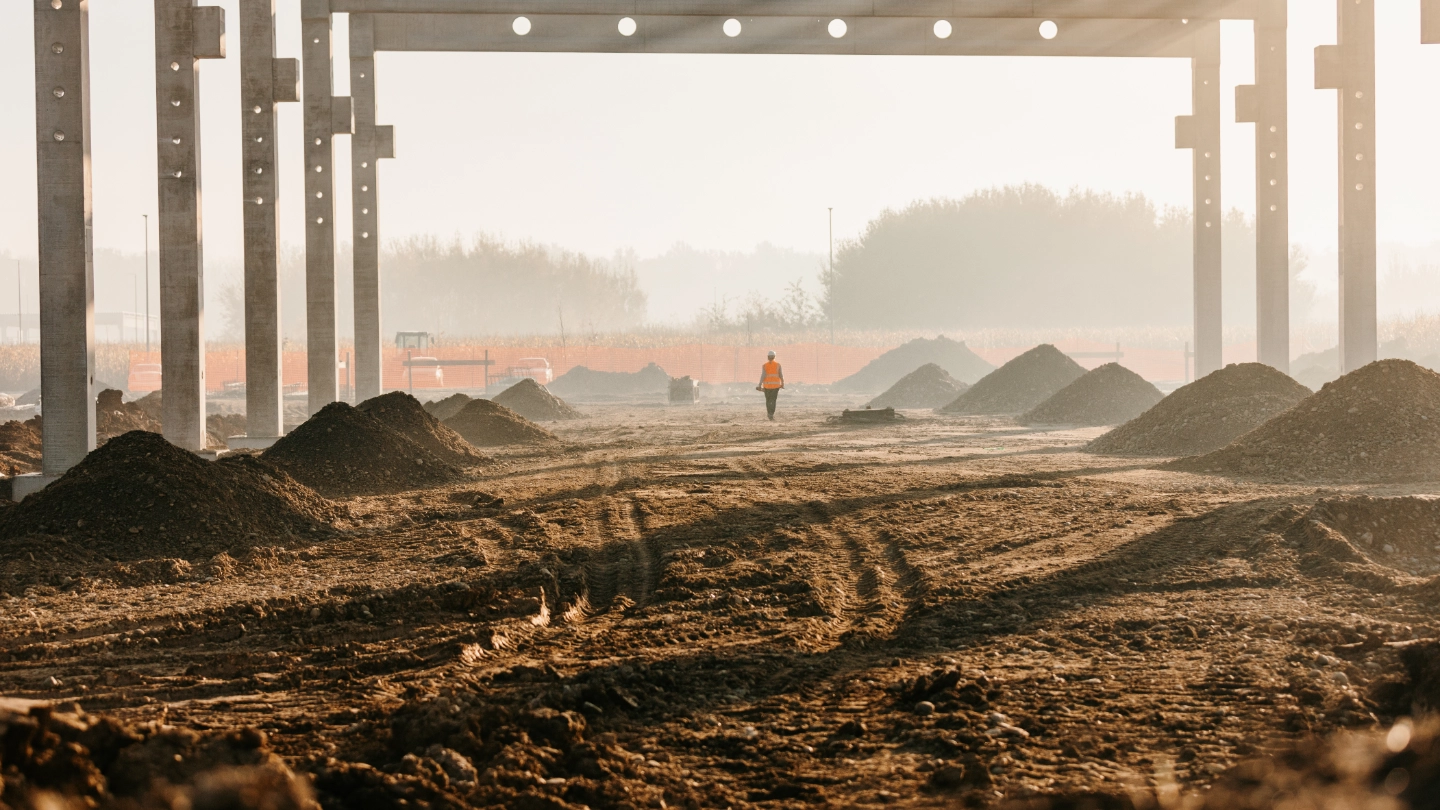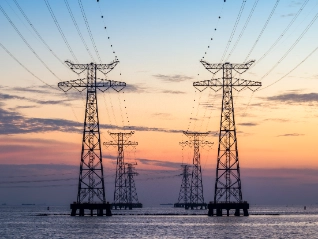Atradius Atrium
Get direct access to your policy information, credit limit applications tools and insights.
 India
India














Load more
Viewing 7 out of 157






Load more
Viewing 7 out of 34







Load more
Viewing 7 out of 25
Our Atradius Exclusive series will provide you with the latest insights from Atradius Economists, annual reviews of corporate payment practices, sector performance and more.







Load more
Viewing 7 out of 15














Load more
Viewing 7 out of 9
Case study
